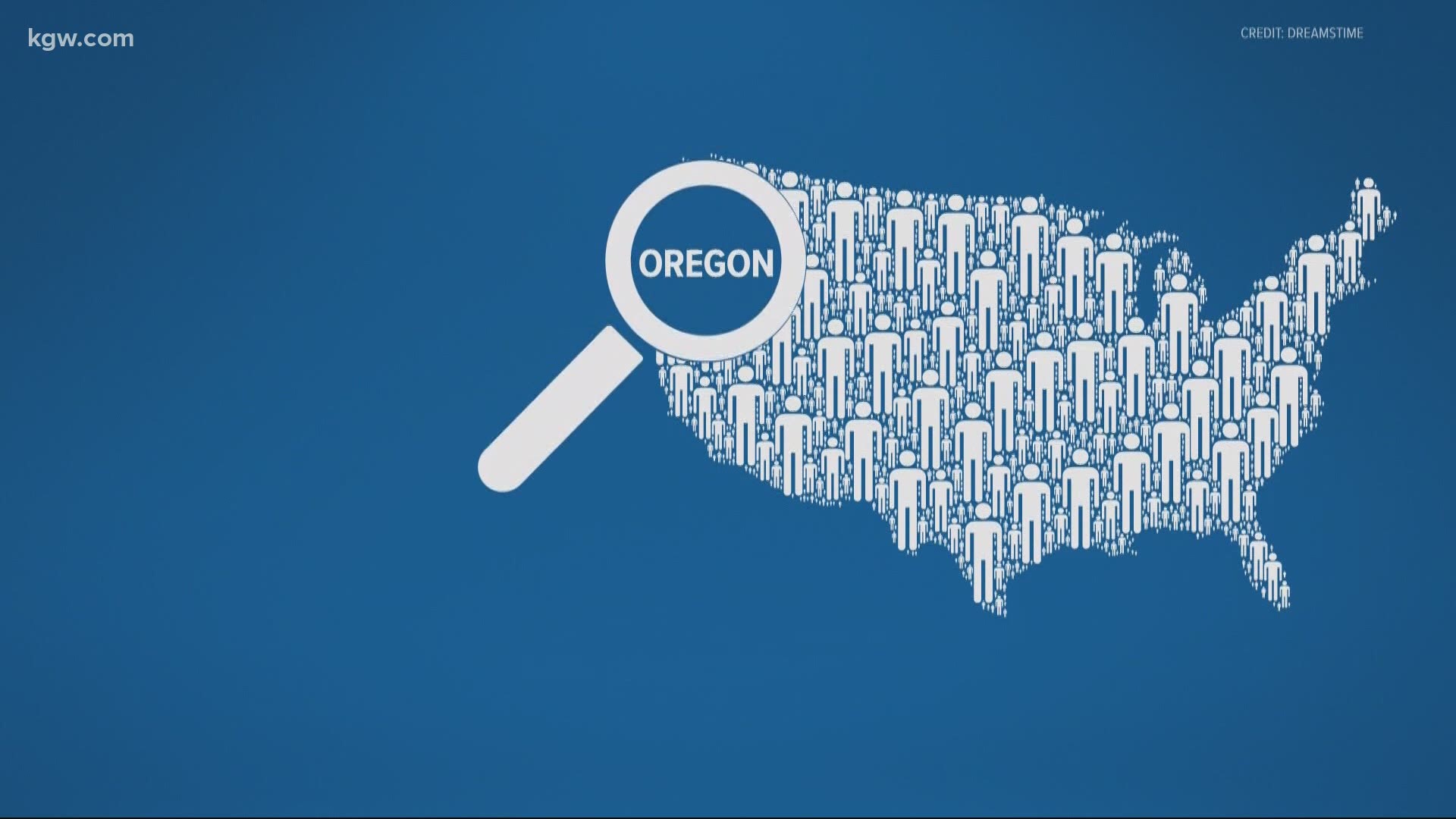PORTLAND, Oregon — After months of back and forth with the pandemic, the U.S. Supreme Court effectively allowed the government to end the nation's once-in-a-decade headcount immediately.
The 2020 census count wraps up Thursday, October 15. The deadline has changed multiple times after being extended from its original date in July, causing quite a bit of confusion.
The U.S. Census Bureau wanted to start crunching the numbers since it’s bound by federal law to submit state population totals to the president by Dec. 31. A lower court previously ordered the government to keep going until the end of October because more time meant a more accurate count. Tuesday, the Supreme Court blocked that order.
Many now fear hard-to-count Americans will be undercounted.
It's hard enough to get a snapshot of where every person in America lived on April 1, Census Day. Couple that with a pandemic and the task became much harder. Then, Oregon saw historic wildfires that displaced thousands and impacted door-to-door operations and homeless counts.
U.S. Census Bureau data shows they enumerated 99.9% of known housing units in Oregon, with most responding on their own and the remainder being tallied in the Non-Response Follow-Up (NRFU).
But that doesn't mean every Oregonian will be accounted for, nor does it mean the count is accurate. These total response rates don't detail whether everyone living in a household was counted or if census takers considered a home vacant even if people lived there on April 1.
Portland State University Population Research Center demographer Charles Rynerson says people will get missed but we may never know the scope.
"We won't probably ever know the complete extent of that at the local level. There will be some analysis a national level of how that plays out," Rynerson said.
Oregonians who live in rural areas, children under 5, people of color/minorities, and those experiencing homelessness are all historically undercounted in the census.
"When the data comes out in 2021 there will probably be more discussion about reliability of the data," Rynerson added.
Census data determines legislative district boundaries, representation in Congress and how billions of dollars in federal money flows to communities. Results from the census impact everything from roads, hospitals and schools to public programs such as Medicaid, WIC and Head Start.
"If some communities are counted better than others then when those seats in Congress or the state legislature are divided up then places that didn’t have a good count won’t be as well represented as places that did," Rynerson said.
Critics argue the Trump administration has tried to turn the census political this year.
"My biggest concern throughout the process - since it kicked off - is this administration's attempt to politicize the census in a way the census should never be politicized," We Count Oregon Tribal Community Coordinator Se-ah-dom Edmo said.
Through We Count Oregon, Edmo works to get Native Americans on reservations counted. She says she's seen tribal communities across Oregon step up their outreach efforts to get more people counted.
But tribes have lower than average response rates and distrust in the government, especially as it relates to the census.
Edmo says Indian Country fears an undercount, meaning less resources, power and representation for their people.
"Our concern all across Indian Country is that... we won't be represented in the ways that we need to be at the state and federal level," Edmo said, "and for a community that has already gone without their fair share of resources for quite some time that is of serious concern."

